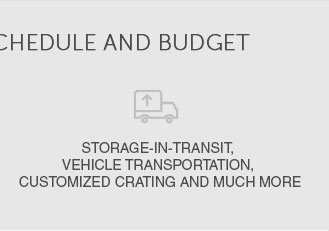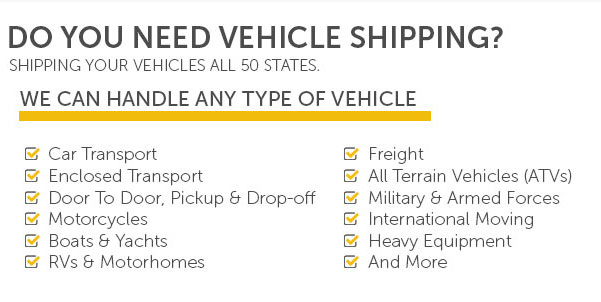 |
 |
||
|---|---|---|---|
 |
 |
 |
|---|---|---|
 |
||
 |
 |
 |
 |
 |
|---|
 |
 |
|---|---|
 |
 |
 |
|---|
Understanding the Use and Benefits of Large Shipping Containers
Large shipping containers have become a vital component of global trade and logistics. They serve a myriad of purposes, from transporting goods across oceans to being repurposed for alternative uses like housing or storage.
The Basics of Large Shipping Containers
What Are They?
Large shipping containers, commonly referred to as intermodal containers, are standardized metal boxes used for the storage and transportation of goods. These containers are designed to be transported by various modes of transport such as ships, trains, and trucks without unloading and reloading the contents.
Common Sizes and Types
- 20-foot container: Often referred to as a 'Twenty-foot Equivalent Unit' or TEU, this is one of the most commonly used sizes.
- 40-foot container: Provides double the capacity of a 20-foot container, making it ideal for larger shipments.
- High Cube container: These containers are similar to standard ones but offer an additional foot in height for larger cargo.
Advantages of Using Large Shipping Containers
Durability and Security
Constructed from robust materials, these containers are highly durable and secure, protecting goods from harsh environmental conditions and theft.
Cost-Effectiveness
The use of containers reduces the handling costs associated with loading and unloading goods. This efficiency translates into lower shipping costs, benefiting businesses and consumers alike.
Versatility
Large shipping containers are not just for transport; they can be converted into offices, homes, and storage units, demonstrating incredible versatility. In fact, when relocating large and delicate items, it's wise to seek specialized services like piano movers phoenix to ensure safe and efficient transport.
Choosing the Right Container for Your Needs
Considerations for Businesses
- Determine the size and type of goods being transported.
- Consider the route and transport methods to ensure compatibility.
- Evaluate the need for temperature control or additional security features.
When planning a move, especially over long distances, consulting with experts like best movers in houston can provide valuable insights into the logistics of using large containers effectively.
FAQ
What materials are large shipping containers made of?
Large shipping containers are typically made of corten steel, which is highly resistant to rust and corrosion, ensuring longevity and durability in various climates.
Can shipping containers be used for storage?
Yes, shipping containers are frequently used for storage due to their secure, weatherproof design. They can store a wide range of items, from personal belongings to industrial equipment.
How are shipping containers transported?
Shipping containers are designed for intermodal transport, which means they can be moved seamlessly between ships, trains, and trucks without unloading the cargo.
Are there environmental benefits to using shipping containers?
Yes, using shipping containers reduces the carbon footprint by minimizing handling and optimizing space in transport, leading to fewer emissions per unit of cargo transported.
40ft shipping containers were originally designed to transport large quantities of lightweight goods like cotton, electronics, and furniture.
Store larger items like furniture, appliances, machinery, or SUVs. Extra Space: 1ft of additional ceiling height for valuables that won't fit in standard ...
shipping containers and six inches wider than standard shipping containers.